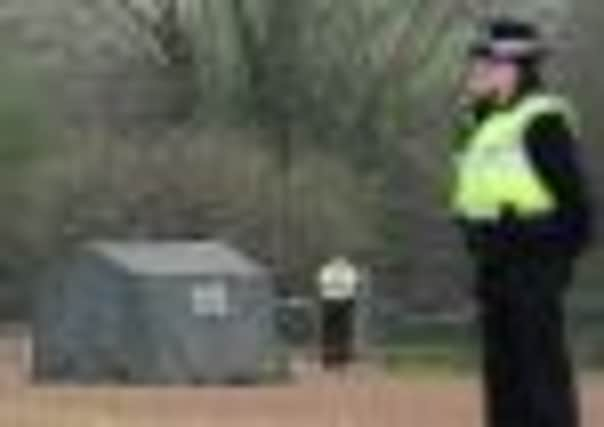Council failings highlighted by attack report


Senior council officers had repeatedly opposed the release of the full serious case review examining the attack of three years ago, but the objections were eventually overruled by Ministers.
At 161 pages, the document is significantly longer than the 11-page “executive summary” released in January 2010, and provides a much more comprehensive view of just how bad things became as the council’s child protection functions collapsed.
Advertisement
Hide AdAdvertisement
Hide AdIt also provides a frightening window on the life of the two brothers who later admitted the attacks, a life which was described by Nicholas Campbell QC, the barrister who led the prosecution in their case at Sheffield Crown Court, as “toxic”.


It describes the “extensive involvement of agencies” with the family from as far back as 1995, detailing a catalogue of incidents which made it “entirely predictable that the boys would continue to assault and cause injuries”.
Social workers were initially involved with the boys’ parents who, according to the report, were in an abusive relationship which involved regular incidents of domestic violence. But things apparently became worse as the boys began to attend school.
By 2007, people in the Doncaster neighbourhood where the boys lived with their mother and father were making regular complaints to the police and the review shows that starting in that year, their behaviour became more and more worrying.
Advertisement
Hide AdAdvertisement
Hide AdIt says that in one incident, one of the brothers, referred to as J2, shot at someone with a ball bearing gun, and a few weeks later the same child was reported to have pushed another victim into the path of a moving car.


Their behaviour in school is described as “disruptive”, with physical and verbal abuse of both children and adults “frequent”.
The report reveals that from 2007 reports were made to social workers about the boys’ “physical neglect” and by the next year the other brother, known as J1, complains of having his head hit against the wall by his father.
In 2008, one of the brothers who would have been around 10 at the time had apparently spoken “openly of getting drunk on vodka” and from shortly after this time, reports of disturbance in the community begin to escalate.
Advertisement
Hide AdAdvertisement
Hide AdThe report shows that as the year progresses, the brothers are involved in incidents including arson and an incident in which the boy known as J2 threatens to set fire to his school.
Another professional apparently told social workers that J2 was involved in “burgling houses” and voices concern “the children are not safe and we are failing in our statutory duty to protect them”. There is no recorded response.
By early 2009 the case review reveals reports were repeatedly being made to social workers and police about the boys’ behaviour, with arrests becoming more common and the brothers were finally taken into care.
A few weeks later an attack they carried out on a boy is reported to the police. The report says no action is taken, leaving them free to attack again, leading to the incident in April 2009.
Advertisement
Hide AdAdvertisement
Hide AdReorganisation of the council’s services in 2005 is described as a “significant contributory factor” which led to the failings responsible for the Edlington attacks, and shows that review after review highlighted the gaps in its child protection services.
Yesterday, Education Secretary Michael Gove said he was “not satisfied” with the position that Doncaster had reached, but the council’s director of children’s services, Chris Pratt, said he was proud of progress.
He added: “The evidence is clear that there has been considerable progress in children’s services in Doncaster, the service is in a totally different place than it was three years ago.
“Children are far, far safer in Doncaster than they were at the time of this incident, services that came in for criticism in this report have been transformed.”
Comment: Page 12.